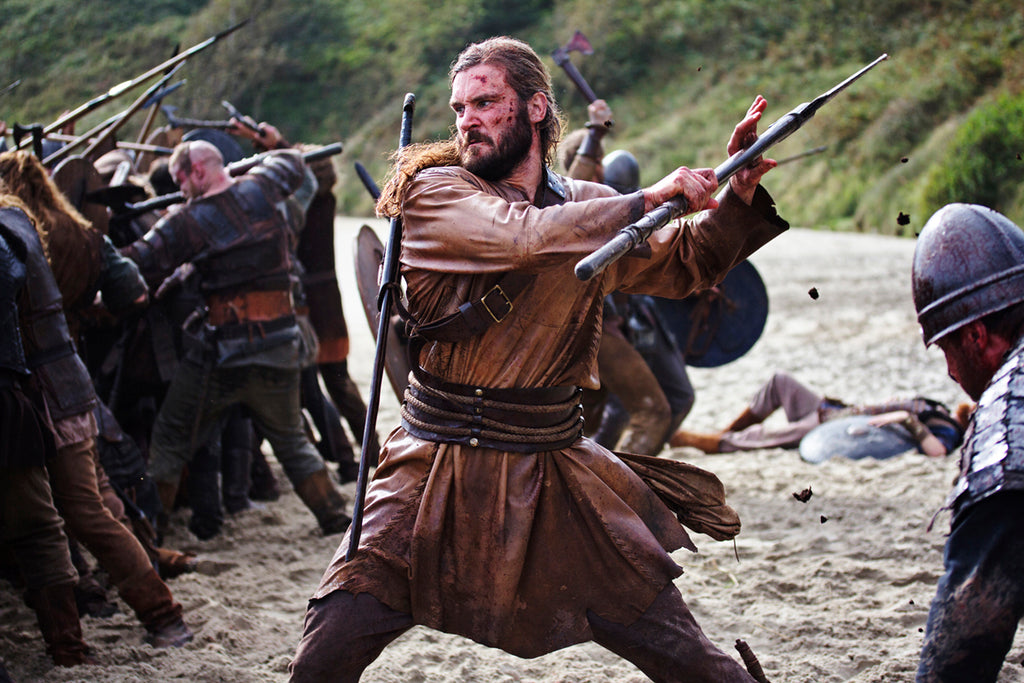You Would Pay The Ultimate Price If You Insulted The Vikings
In the Viking era, people always watched out their tongue. For the Vikings, out of the mouth, words would travel. Insulting someone in the Vikings could come at the expense of your life.
The Viking sense of justice was not similar to what we believe in this day and age. Although historical Vikings were savage warriors who raided, raped and plundered. But the Vikings had a Viking legal system that helped them run their society.
Viking Thing - a basic form of civilized court
The Vikings had the Thing for everything. "Thing" here means "Assembly". It was a basic form of court that the Vikings held to make a political decision or to settle disputes among the people.
People could be sentenced to death on the spot or outlaw in the Viking Thing. For those who were deemed "outlaw" would be banished from their society. No one was allowed to help the outlaw and everyone could kill the outlaw without being punished.
Many of the Vikings would choose to pay a sum of money to rid of the crime or to take up holmgang - a type of duel - to solve disputes.
So what action could be a crime in the Vikings?

Viking Holmgang Duel scene in "Vikings" TV Series
Viking Way of Thinking about crime
The Viking society demanded each individual to take the responsibility of their own action. If a Viking did something wrong, they had to admit to it in public. And when the Viking Thing was held, he could defend himself.
Theft, therefore, was among the most serious crime in the Viking Age because it was carried out secretly without the other party knowing what was happening.
A Viking saga told the story of a Viking war-band leader stealing something from the farmer. He was on his voyage and landed onto another plot of Scandinavian land. He and his crew came and rested for one night inside a farmer's house. This leader came up with the idea of stealing precious thing inside the house in the middle of the night. And then the crew was about to leave and the leader felt ashamed for his coward deed. Then he woke up the whole farmer's family up. He told them that he had stolen their valuables and killed them on the spot.
In the Viking Age, being hang was not an honorable way to die, except in sacrifice. Beheading was another common way of execution and many slaves ended up this way.
What if a murder?
As long as you were honest with your murderous action, you would get away with the crime in the Viking Age.
In the modern sense, we have different types of murder for example manslaughter or intentional murder. But the Vikings didn't have this in their society.
For the Vikings, killing someone without letting them defend themselves was coward and despicable.

For the Vikings, killing someone without letting them defend themselves was a deed of a coward
But if the killing was carried out in the public and the "murderer" allowed the "victim" to defend himself in the public eye, he could get rid of his crime with a compensation for the victim's family. As long as one was honest about his deed, nothing worse would happen to him during the Thing.
And if ever anyone appreciated the killing in the public, it's the Vikings.
Loose lips sink ships
Some types of insults could make the Vikings pay the ultimate price (death).
In an Icelandic saga, Landnámabók "Book of Settlement", a bishop was on his missionary accompanied by Thorvald Konradsson in Iceland. They came across two men who insulted them: The bishop had born nine children, Thorvald was the father of all of them.
Wielding the axe, Thorvald killed both of the men. Although Thorvald was not executed for this deed, he was banished from Iceland.




